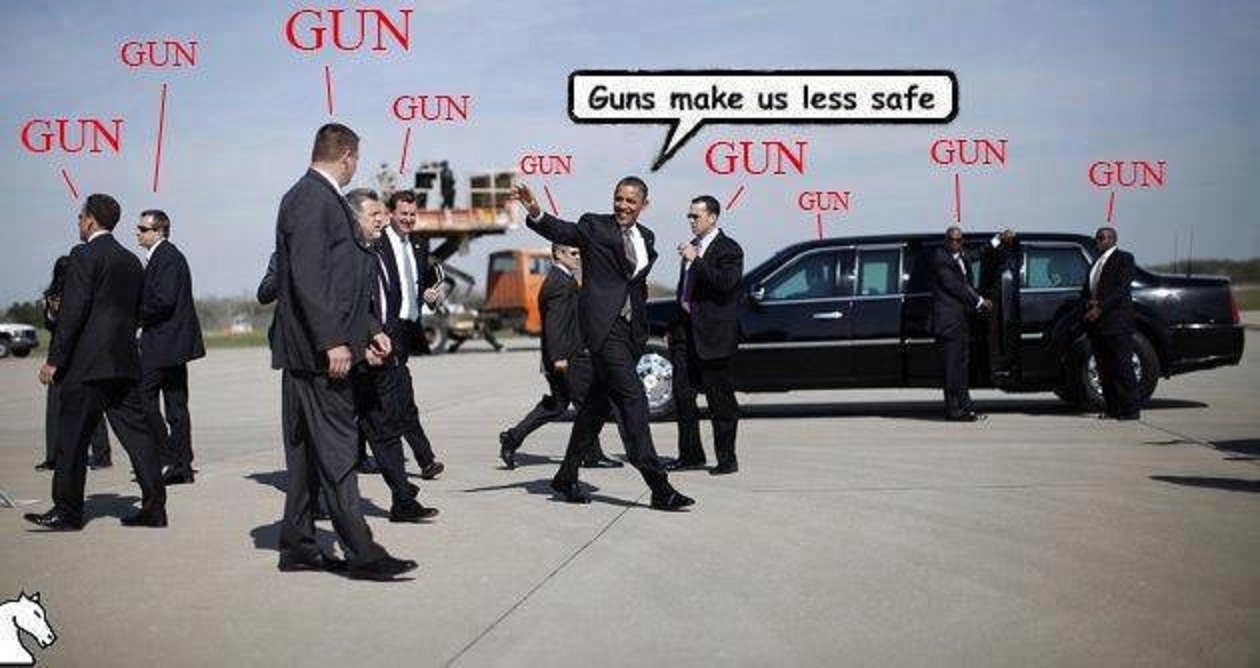by Fred Lucas
The Obama administration upped its commitment to get the United Nations Arms Trade Treaty ratified, a tall order since a bipartisan coalition of 50 senators have already said they oppose the gun treaty Secretary of State John Kerry signed three years ago.
Second Amendment advocates are concerned the treaty could provide an international law rationalization for a national gun registry in the United States, and is overly vague.
“The language is so vague is could almost mean anything. A lot could be done to rationalize gun control. The treaty has no prohibitions, no thou-shalt-nots,” Larry Pratt, executive director of Gun Owners of America, told The Daily Signal. “President [Barack] Obama has for some time used as a defense a cell phone and a pen and not the Constitution or even a treaty for taking action.”
On Aug. 22, the Second Conference of State Parties to the Arms Trade Treaty was held in Geneva. According to the State Department, the U.S. representative to the conference, William Malzahn, said the U.S. wanted to ratify the treaty that establishes export and import controls for combat vehicles, aircraft, and small arms and light weapons, but was already currently complying.
The United States remains committed to the Arms Trade Treaty, which we signed in September 2013. We are still working on the package to transmit the treaty to the U.S. Senate for its advice and consent to ratification. It is not clear when we will complete this, but we are actively working on it. … As we pursue ratification, let me assure everyone that the United States is already fully compliant with the requirements of the [Arms Trade Treaty] as the U.S. national control system exceeds those requirements.
Currently, 79 countries have ratified the treaty dealing with arms exports and imports, but diplomats from 109 countries participated in the gathering.
The treaty states that: “Each State Party shall establish and maintain a national control system, including a national control list, in order to implement the provisions of this Treaty.” It goes on to say, “Each State Party is encouraged to include in those records: the quantity, value, model/type, authorized international transfers of conventional arms covered under Article 2 (1), conventional arms actually transferred, details of exporting State(s), importing State(s), transit and trans-shipment State(s), and end users, as appropriate.”
Mexico’s Secretary of Foreign Affairs Claudia Ruíz Massieu told the group that of the guns used to commit crimes in Mexico, “We found that more than 70 percent were related to a buyer or distributor in the United States.”
Massieu also said at the conference, “Mexico welcomes the strenuous and sincere efforts of President Barack Obama to establish administrative measures to strengthen controls on the possession and sale of weapons.”
The State Department did not clearly answer the question about whether the 70 percent figure is accurate, but said the United States is working with Mexico to prevent gun trafficking into the country.
Ultimately, it’s a border issue, said Ted Bromund, senior research fellow in U.S.-Anglo relations for The Heritage Foundation.
“The smuggling of guns from the U.S. into Mexico, the smuggling of guns from U.S. to any country, is already illegal,” Bromund told The Daily Signal. “The problem is that the border is not controlled. Guns go south because the border is open. The answer is effective border patrol by the U.S. and Mexico. Mexico will never talk about that.”
The Gun Control Act of 1968 and the Arms Export Control Act of 1976, which has been amended several times over the years, already give the executive branch essential control over the movement of weapons in and out of the United States, Bromund said.
The Arms Trade Treaty went into effect on Christmas Eve 2014, but the administration has never submitted the treaty to the Senate for ratification, where it would require 67 senators voting for it to pass. After Kerry signed on in 2013, 50 senators—including three Democrats—signed a letter to Obama expressing concern the treaty was overly “vague and easily politicized” and could encourage a national gun registry.
It’s a horrible treaty, Bromund said, but it won’t likely lead to more gun control.
“Are people using it to justify gun control? Yes,” Bromund said. “But what is the mechanism to achieve that? This is about exports or imports. In theory, a judge could say the United States must respect the [Arms Trade Treaty] and that all arms transactions within the U.S. are subject to it, but that would be a huge stretch.”
The treaty has been such an administrative disaster that it likely will have no impact at all, Bromund said. He noted the treaty is almost entirely European countries rarely living up to the reporting requirements of the treaty.
“I basically think we are winning on this. This is not going to work,” Bromund said. “It’s turning into nothing but boring bureaucratic meetings. The gun controllers will lose interest and find another toy.”
A recent report by Bromund looked at reporting problems, among other failings of the participants.
States parties to the [Arms Trade Treaty] are already failing to meet its reporting requirements. As of Aug. 15, 2016, of the 66 states parties that were supposed to file an initial report on their implementation of the treaty by that date, only 49 had done so, and of these, 33 were in Europe. As of the same date, of the 83 states parties, only 46 (32 of them in Europe) had filed an annual report for 2015 on authorized imports and exports of conventional arms, a report due on May 31, 2016. In short, treaty reporting is lagging badly, and outside Europe, few nations are complying even nominally with the most basic treaty requirements.



